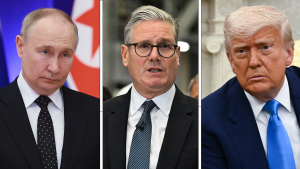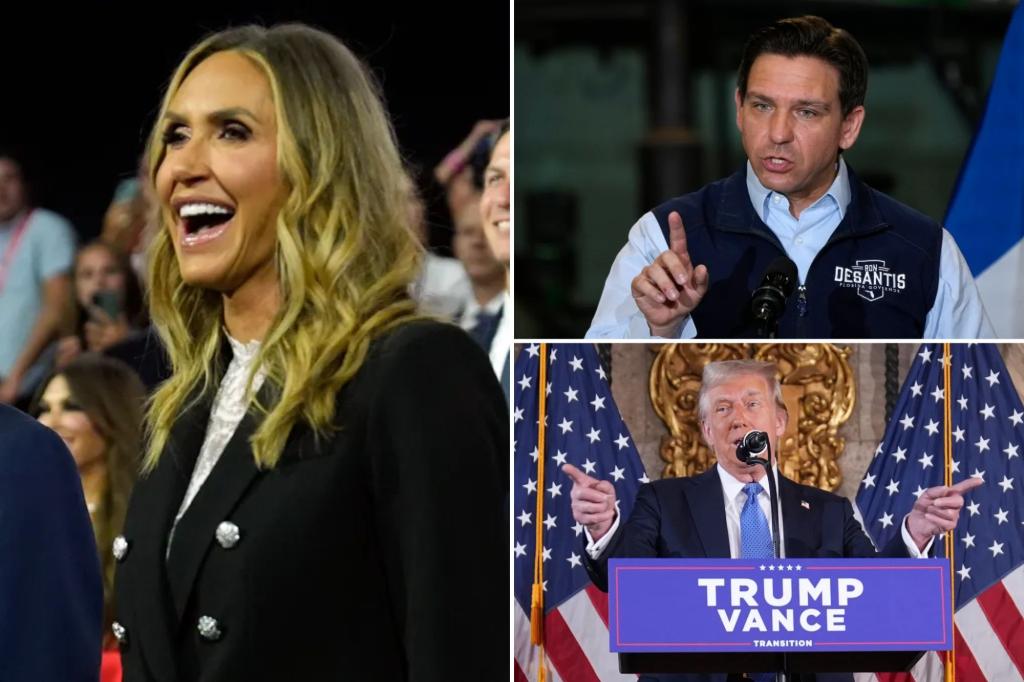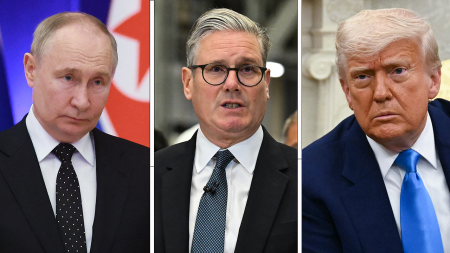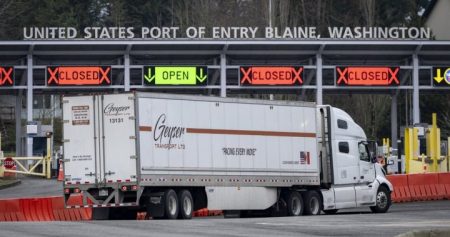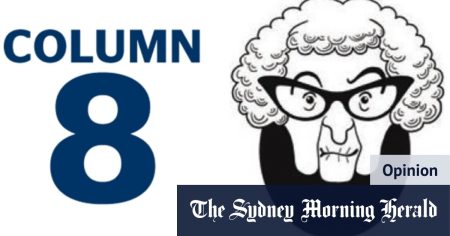Paragraph 1: The Potential Appointment and Trump’s Response
The prospect of Lara Trump, daughter-in-law of former President Donald Trump, being appointed to the vacant Florida Senate seat has generated considerable buzz. The seat became open after Senator Marco Rubio’s nomination as Secretary of State in the incoming Trump administration. While Lara Trump’s recent resignation from her position as co-chair of the Republican National Committee fueled speculation about her potential appointment, President-elect Trump himself has downplayed the likelihood of this happening. In a press conference, he stated that the decision rested solely with Florida Governor Ron DeSantis, emphasizing that it had "nothing to do with me." He did, however, praise Lara Trump’s capabilities and popularity, particularly among women, even highlighting her impressive physical fitness.
Paragraph 2: Addressing Nepotism Concerns and Lara Trump’s Attributes
Concerns about potential nepotism arising from Lara Trump’s familial connection to the former president were dismissed by Trump, who asserted that the RNC highly regarded her abilities. He reiterated his confidence in DeSantis’s judgment, believing he would "make the right decision." Trump also acknowledged Lara Trump’s other opportunities, including television offers and contracts, but emphasized her dedication to the country and her family as primary considerations. This suggests that even if offered the Senate seat, she might decline in favor of other pursuits.
Paragraph 3: The Trump-DeSantis Dynamic and the 2024 Presidential Race
The relationship between Trump and DeSantis has evolved from rivalry to a seemingly more cooperative dynamic. Although they were initially contenders in the 2024 Republican presidential primary, the two appear to have mended fences. Trump’s open endorsement of Lara Trump for the Senate seat signifies a degree of collaboration between them. DeSantis, being term-limited as governor, cannot seek re-election in 2026, leading to speculation that he might appoint a temporary placeholder for the Senate seat, potentially leaving it open for his own future aspirations.
Paragraph 4: DeSantis’s Dilemma and the Precedent of Charlie Crist
DeSantis faces a complex decision regarding the Senate appointment. Appointing a loyalist as a temporary caretaker could keep the seat open for his own potential run in the future. However, this strategy carries political risks, as demonstrated by former Governor Charlie Crist’s similar attempt in 2009, which ultimately failed when Marco Rubio won the seat. Such a move could be perceived as maneuvering for personal gain rather than prioritizing the interests of Florida voters. DeSantis must weigh the potential benefits against the potential backlash of such a strategy.
Paragraph 5: Lara Trump’s Qualifications and DeSantis’s Criteria
Lara Trump, having established residency in Florida, possesses the necessary qualifications for the Senate seat. She has also expressed confidence in her abilities, highlighting her experience and the added advantage of her family name recognition. DeSantis, on the other hand, has outlined specific criteria for the next senator, including alignment with President Trump’s agenda, a strong stance on immigration and border security, a willingness to challenge the established bureaucracy, and a commitment to conservative principles. It remains to be seen how well Lara Trump’s profile aligns with these criteria in DeSantis’s assessment.
Paragraph 6: The Broader Political Landscape and Other Senate Appointments
The process of filling the Florida Senate seat unfolds within a larger context of political appointments and potential shifts in power. President-elect Trump’s selection of several sitting lawmakers for positions in his administration could potentially narrow the Republican majority in Congress, depending on the outcomes of subsequent special elections. Similarly, Ohio Governor Mike DeWine faces a similar decision in appointing a replacement for Vice President-elect JD Vance, further highlighting the ripple effects of the incoming administration’s personnel choices. These appointments have significant implications for the balance of power in the Senate and the political landscape going forward.
